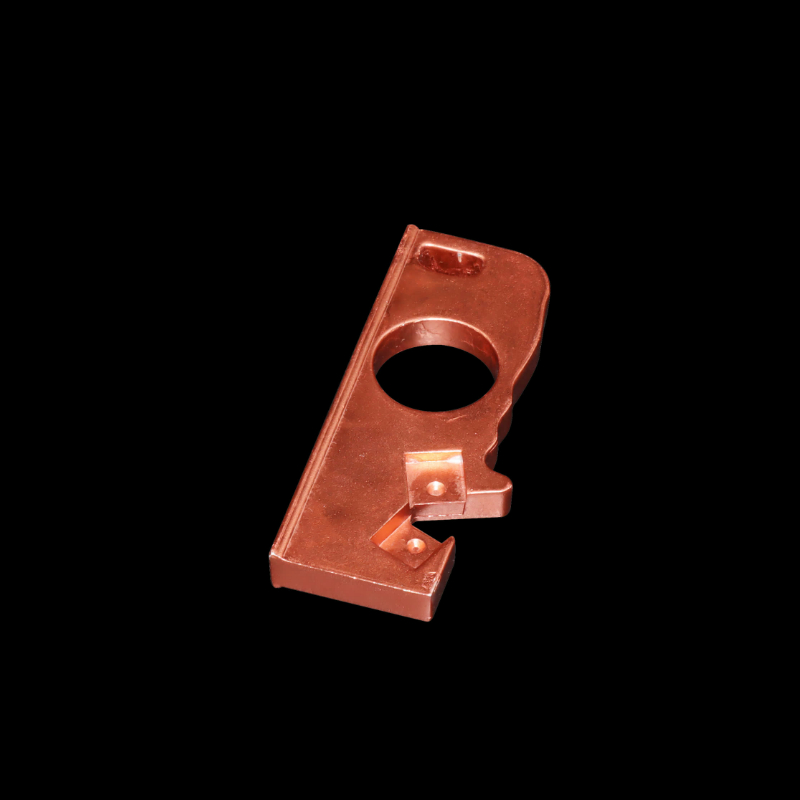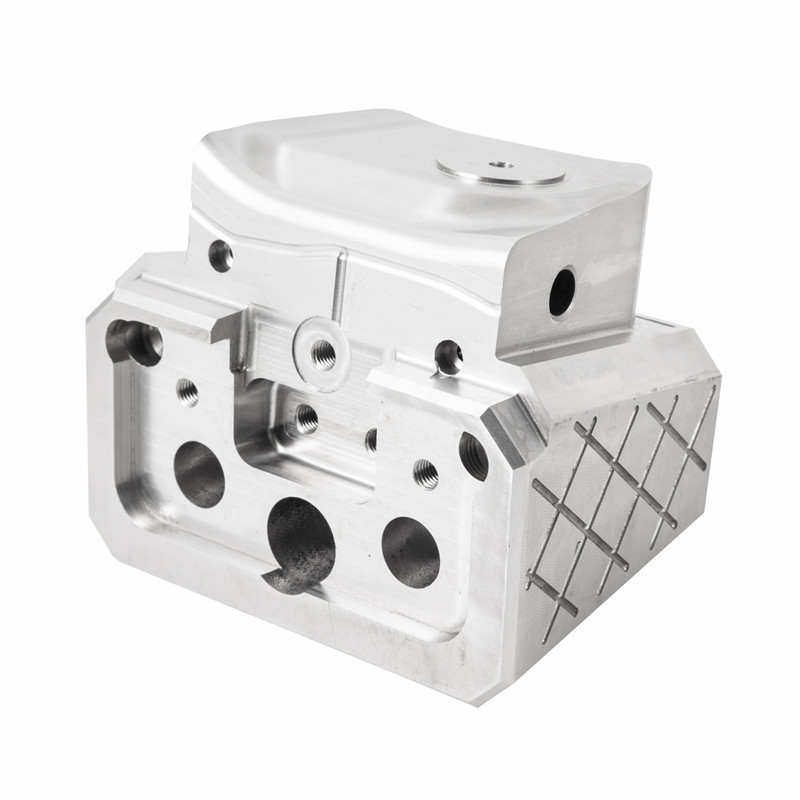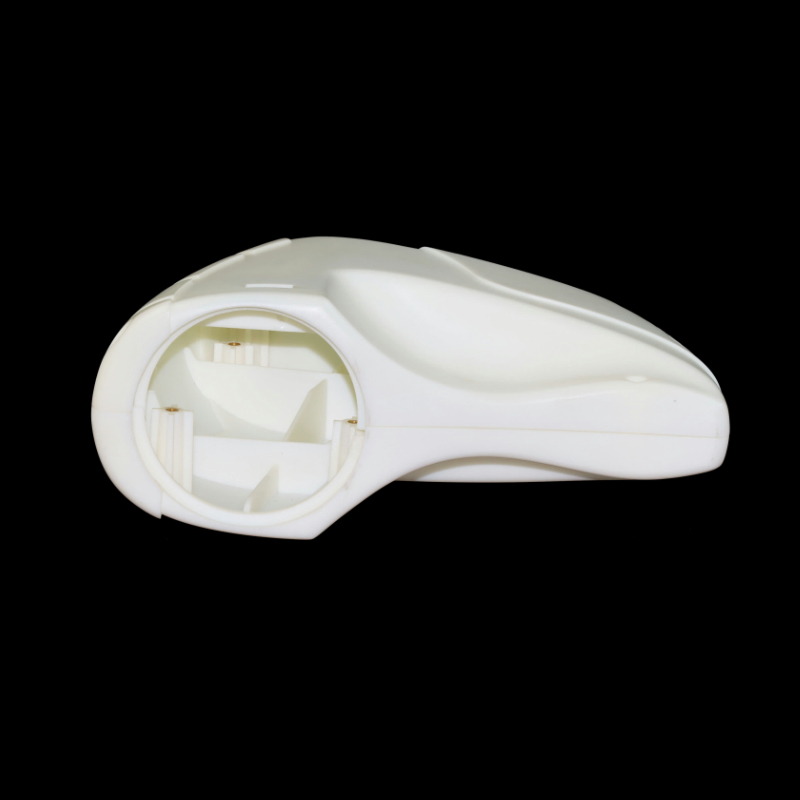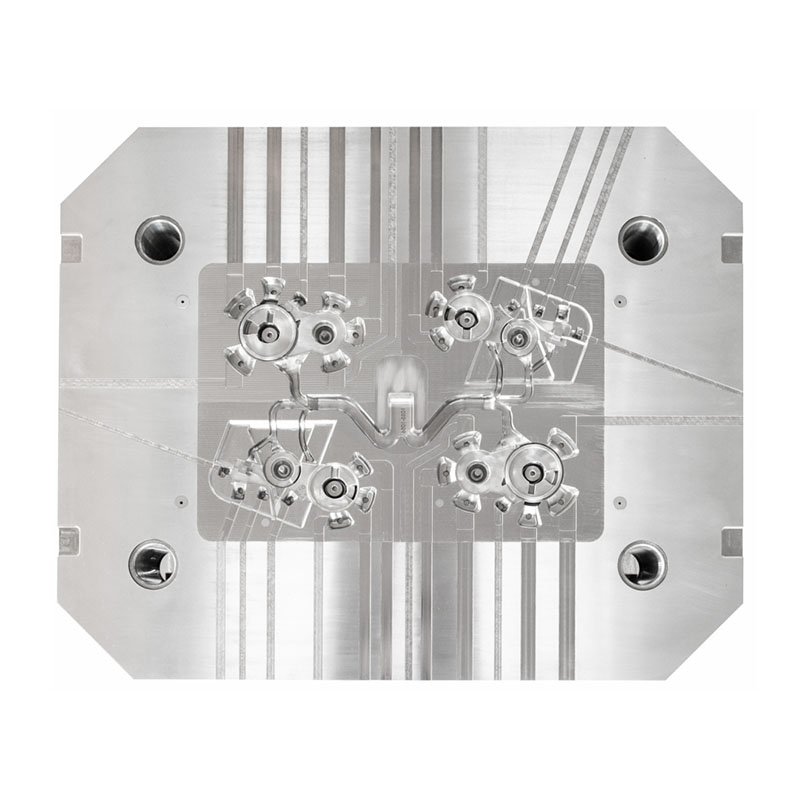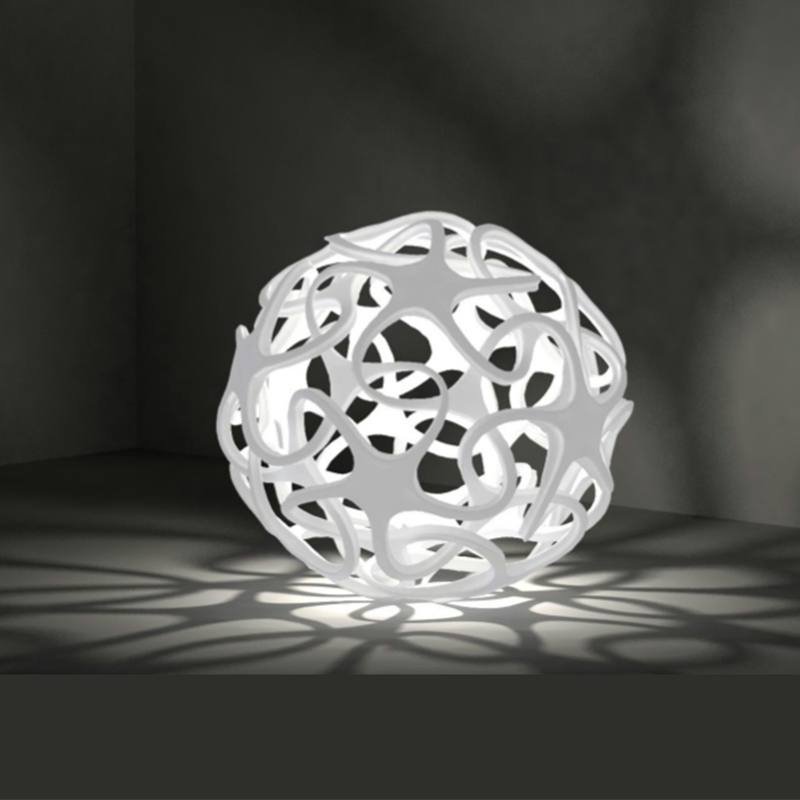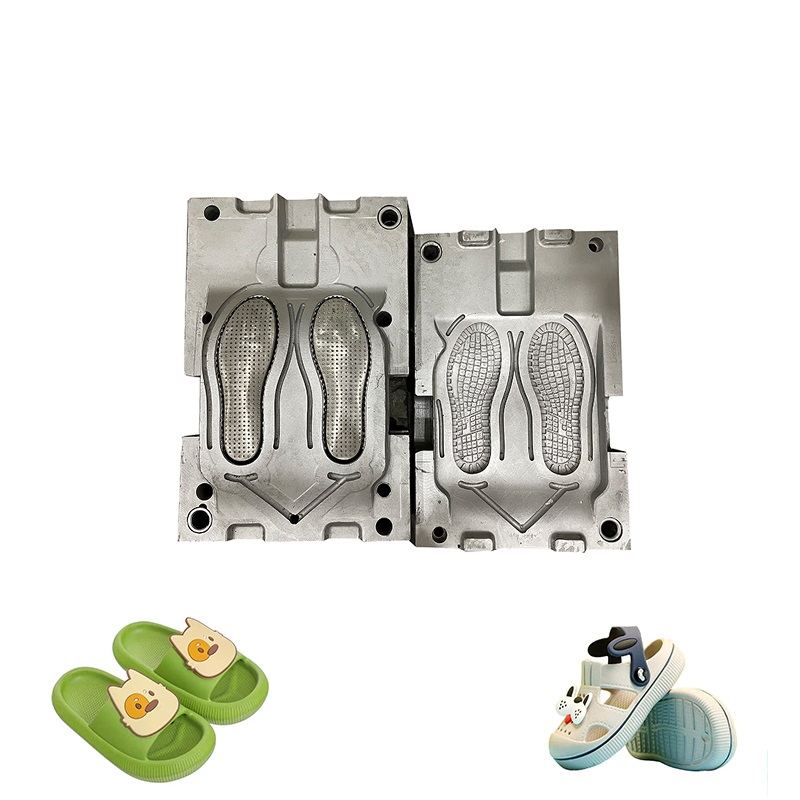Customized Anodized CNC Machining Aluminum Housing Rapid Prototype
Anodizing is an electrolytic passivation process used to increase the thickness of the natural oxide layer on the surface of metal parts. The process is called anodizing because the part to be treated forms the anode electrode of an electrolytic cell.
Anodizing is an electrochemical process that converts the metal surface into a decorative, durable, corrosion-resistant, anodic oxide finish. … This aluminum oxide is not applied to the surface like paint or plating, but is fully integrated with the underlying aluminum substrate, so it cannot chip or peel.
Does colored anodizing fade, peel, or rub off? Following the dying of an anodized surface, a sealer is applied to effectively close the pores and prevent fading, staining, or bleeding out of color. A properly dyed and sealed component will not fade under outdoor conditions for a minimum of five years.
The purpose of anodizing is to form a layer of aluminum oxide that will protect the aluminum beneath it. The aluminum oxide layer has much higher corrosion and abrasion resistance than aluminum. The anodizing step takes place in a tank that contains a solution of sulfuric acid and water.
We can also do various kinds of surface treatment for test prototype for customer, expect as mentioned above anodized, there also have Painting, Oxidation treatment, Sandblasting, Chrome and Galvanized, etc. We think we will try our best to meet customer needs so that we can win more and more business in the future days.
